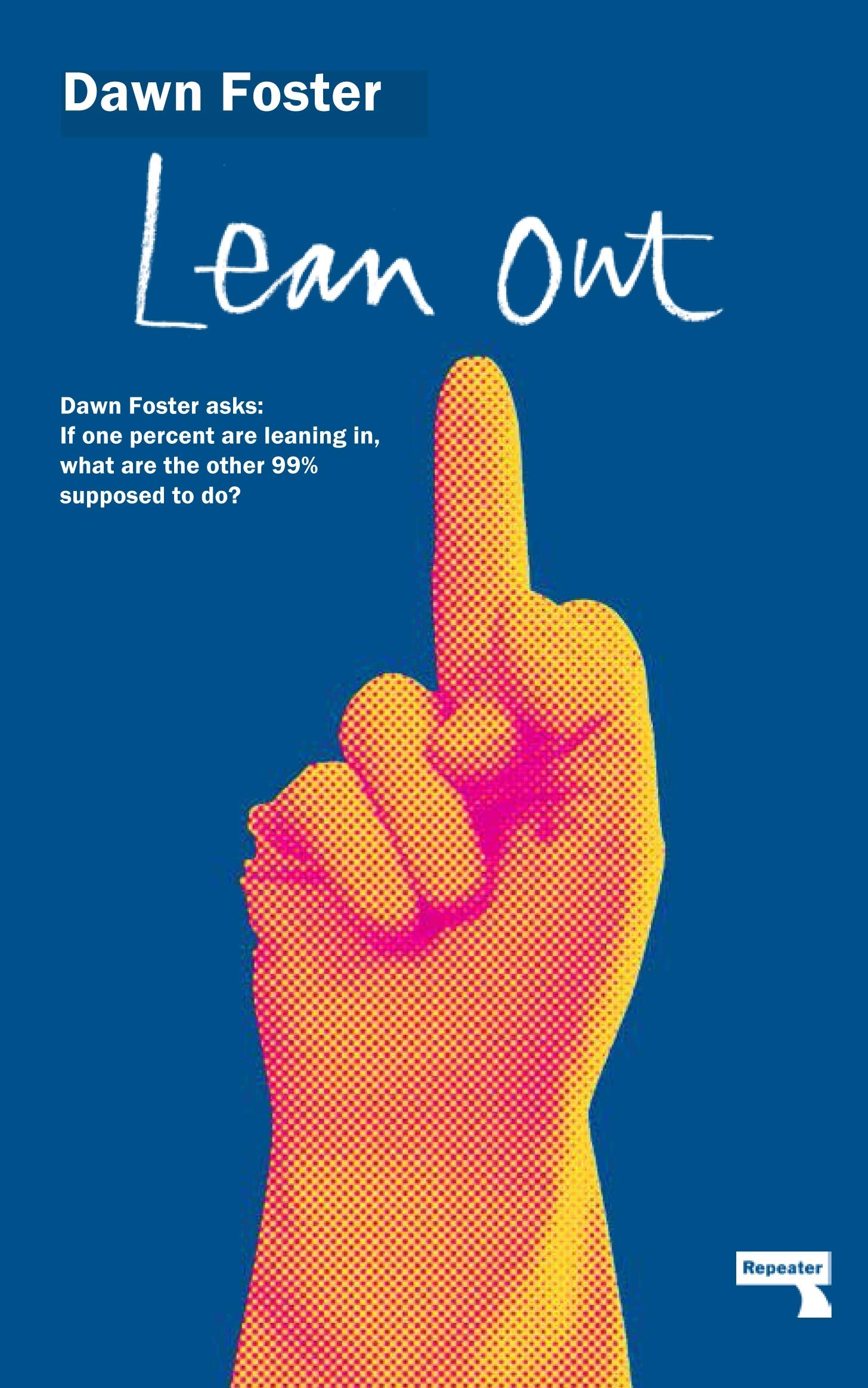Students challenge systemic injustices as part of London’s Virtual Classroom
In a customised class accompanying the Syracuse London Internship Program, students receive guidance for their professional development during experience in the British workforce. Participation in “The Global Workplace” equips students with the practical skills they need to thrive in a globalised world of work — as well as the theoretical background and critical thinking abilities necessary to reflect on their position in that interconnected system.
Class discussions and guest speakers address corporate social responsibility, meritocracy, and diversity in the workplace, with a special unit on “isms” designed to challenge students’ thinking about everyday discrimination and entrenched barriers to equality.
Meritocracy…or ‘Leaning In’ to Exploitation?
by Neil Bradley
 Meritocracy is a social technology designed to identify and reward individuals with meritorious traits. At first glance, this is an entirely reasonable ideology; however, there are problems with meritocratic ideals when examined with more scrutiny.
Meritocracy is a social technology designed to identify and reward individuals with meritorious traits. At first glance, this is an entirely reasonable ideology; however, there are problems with meritocratic ideals when examined with more scrutiny.
Jeremy Bentham’s “System of Official Location” was an early delineation of meritocratic systems and management, published as part of his 1830 book on the Constitutional Code and meant to assist in finding appropriate work for various individuals with different merits and traits. By 1883, the developing idea of meritocracy was being applied in the British Raj, taking on a far more sinister angle. British bureaucrats and administrators advocated for institutionalised eugenic measurement, with intentional breeding as a meritocratic tool for social improvement. The ‘ideal’ of meritocracy had created a grim new twist on the old saying that ‘the unexamined life is not worth living’.
This is an essential indicator of the anatomy of meritocratic ideologies: that ‘meritocracy’ is morally agnostic, and bends to societal and cultural norms and values. Examining the British Raj case study reveals that what one may consider with merit today could be considered inhumane, or barbarous tomorrow. The second feature of Meritocratic ideas is the assumption of hierarchy as unproblematic: equitability is not so important, so long as those individuals with virtue are well compensated.
Effectively, the moral integrity (or lack thereof) of meritocratic systems is entirely dependent on contemporary realities of epistemology, social virtues, and societal values. As issues of what is truly moral or ethical are not yet determined (to put it lightly), constructing a genuinely ethical or utopian mode of meritocracy is similarly elusive…and thus, to hold meritocracy as a fundamental pillar of today’s workplace is to gloss over the underlying inequities of a flawed system.
In Lean In, Sheryl Sandberg delivers a highly meritocratic message: That today ‘women can have it all’ and that individual women should be assertive, take charge of their careers, and continue to push forward even as a new mother. The notion that women should not have to decide between having a successful career and having a family is very clearly worth advocating. However, Sandberg’s specific vision of how this may be possible is quite problematic. First, Sandberg posits that women as individuals must address systemic inequities by advancing their careers. Sandberg’s sentiment seems to favour corporate or white feminist meta-narratives before those of intersectional feminism. The idea that if you ‘lean in’ hard enough, ‘you can have it all’ seems paradoxical. If women are genuinely unequal in the workplace, how could leaning in guarantee success? Could attempts to integrate into existing hierarchies really improve broader conditions of institutional discrimination? The phrases ‘lean in’ and ‘you can have it all’ sound suspiciously like ‘pull yourself up by your bootstraps’ in a disrespectful attempt to co-opt feminist vernacular. The notion that simply ‘leaning in’ will solve career and family problems silently suggests that institutional sexism and structural violence to women does not exist.
 Perhaps Sandberg’s experience of discrimination is dramatically different that of women of colour, or women of lower incomes. She seems to ignore the fact that today, women are not treated equally in the workplace. Are aspirations to individual holdings of multi-million dollar fortunes at all conducive to the goal of women’s liberation? Especially when those aspirations likely necessitate the continued support of cheap domestic labour and class division? In Sandberg’s world, what room is there for women in low-income domestic labour jobs, or women who do blue-collar work in general? Overall, I sympathise with Dawn Foster’s sentiments on the book: That systemic issues like the gender pay gap, maternity dismissals, sexual harassment, and the myriad of other problems that exist for women in the workplace cannot be solved by such short-sighted and egoistic tactics.
Perhaps Sandberg’s experience of discrimination is dramatically different that of women of colour, or women of lower incomes. She seems to ignore the fact that today, women are not treated equally in the workplace. Are aspirations to individual holdings of multi-million dollar fortunes at all conducive to the goal of women’s liberation? Especially when those aspirations likely necessitate the continued support of cheap domestic labour and class division? In Sandberg’s world, what room is there for women in low-income domestic labour jobs, or women who do blue-collar work in general? Overall, I sympathise with Dawn Foster’s sentiments on the book: That systemic issues like the gender pay gap, maternity dismissals, sexual harassment, and the myriad of other problems that exist for women in the workplace cannot be solved by such short-sighted and egoistic tactics.
Exploring these ideas brings back memories of two experiences.
- In the summer of 2018, I worked for an American architectural model making studio. A development company commissioned us to design and construct a well-known professional artist’s installation for a new building project. This is when I learned that many ‘artists’ do not participate in the labour of designing and producing their works. Though the studios involved in the project were credited, none of the individual labourers – most of whom were women and persons of colour, paid close to minimum wage – who actually designed and produced the work were mentioned.
- A few years earlier, I had attended a talk by Nell Scovell, at which time I discovered that Sheryl Sandberg did not write the vast majority of Lean In. Nell Scovell did.
It seems that in today’s world, capital and ‘personal brand’ are two indispensable merits. The ability to commission the work of others – domestic labourers, writers, coders, sculptors, directors, the list goes on – and take full credit for their efforts has in itself become a virtue.
Given the reality of today’s world, Sandberg argues not for empowerment, but for cannibalism.